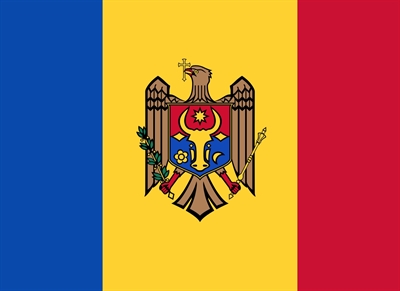Moldova - Convention on Economic, Social and Cultural Rights - Women and Girls with Disabilities - August 2017
Country: Moldova, Republic of
Issues: Disability Rights, International Advocacy, Women's Rights
Mechanism: UN Committee on Economic, Social and Cultural Rights
The Advocates for Human Rights and The Mental Disability Advocate Center submitted a joint stakeholder report concerning the rights of and discrimination against women and girls with disabilities in Moldova to the 62nd Session of the Committee on Economic, Social and Political Rights. Human rights abuses of women and girls with disabilities are prevalent in Moldova; few statistics have been collected, indicating a failure of the government to fulfill its obligations under the International Covenant on Economic, Social and Cultural Rights (ICESCR).
Moldova has made some progress by ratifying the ICESCR and committing to implementing recommendations from the Universal Periodic Review (UPR) concerning ending discrimination against and increasing the independence and social integration of individuals with disabilities. Despite these steps, the government of Moldova does not adequately protect the human rights of all individuals with disabilities. These issues are doubly challenging for women and girls with disabilities. Women with disabilities are often still institutionalized, where they are subject to neglect and violence (including sexual violence and torture) and where accountability for perpetrators remains low. Those who are not institutionalized are often confined to the house, preventing them from recourse if they are being abused by family. With specific regard to children with disabilities, many choose not to attend school for fear of discrimination or the school’s inability to accommodate their needs. Women with disabilities often find themselves at a disadvantage in higher education opportunities and are also subject to employment discrimination and not given accommodations.
Healthcare in Moldova is also subpar or simply inaccessible for women and girls with disabilities; providers are undertrained for helping disabled individuals. Some women are encouraged not to have children, and often do not enjoy freedom to make decisions with respect to their reproductive rights.
The authors of the report propose the following recommendations for the Government of Moldova:
- Undertake measures and allocate adequate resources to ensure access to buildings, improve roadway and sidewalk, and provide free or subsidized transportation designed for women with disabilities.
- Undertake legal reform to ensure that women with disabilities are provided benefits as appropriate based on standardized guidelines and not arbitrary discretion.
- Take steps to remove barriers that currently prevent or impede the efforts of women with disabilities to obtain benefits.




